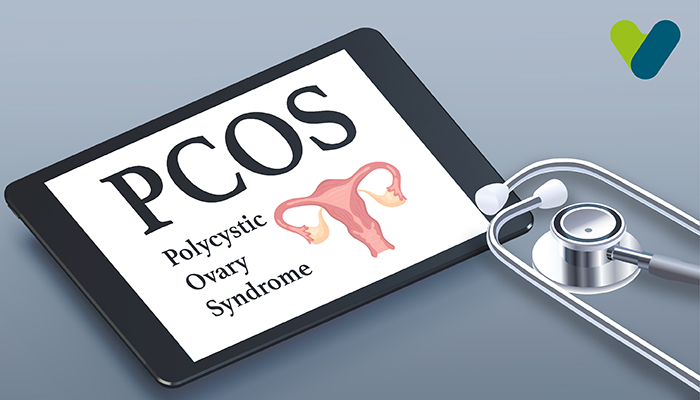Menopause is a normal phase in the life of every woman, yet it’s most often misconstrued or riddled with undue fear—particularly in the Philippines. Most Filipinas are ill-prepared for what menopause entails, both because of silence in culture and prevalent myths.
Knowing the reality of these changes assists women in living through midlife with confidence, health, and peace of mind. Let’s dispel some of the most prevalent menopause myths and find out what women should actually anticipate.
Myth 1: Menopause Begins Abruptly
Most people think that menopause occurs overnight. It’s actually a process that happens gradually. The majority of women experience perimenopause, which is the phase before menopause, and can last from several years up to a decade or more. It usually starts in the early 40s and may bring on symptoms such as irregular menstrual periods, mood swings, and hot flashes. Menopause technically occurs when a woman has not had a menstrual period for 12 consecutive months.
Myth 2: It Only Affects Older Women
Menopause usually happens between 45 and 55, but genetics, surgery, or certain medical conditions cause some women to go through it earlier. Early menopause has also been associated with hormonal disorders like PCOS. That’s why it’s essential to have regular visits with an OB-GYN or endocrinologist—even before reaching midlife—so that hormone health can be monitored and women can be prepared for what is coming next.
Myth 3: It’s the End of Your Health and Energy
Another destructive myth is that menopause is the start of decline. Although hormone changes might influence sleep, mood, and metabolism, many women remain active, healthy women well into their 50s, 60s, and beyond. In fact, with good care, this phase can be one of increased vigor and individual development.
Physicians usually advise patients to adopt lifestyle modifications such as exercise regularly, eat a healthy diet, and manage stress to alleviate symptoms. Hormone replacement therapy (HRT) or medication might be prescribed in certain instances.
Myth 4: You Don’t Need to See a Doctor
Although menopause is natural, it doesn’t imply that it can be taken for granted. Recurring symptoms like anxiety, sleep issues, or extreme hot flashes should be addressed by doctors. For those with a history of PCOS and menopause issues, hormonal imbalances could be more complicated. Talking to a **PCOS expert in the Philippines** can offer personalized advice that fosters well-being.
Empowering Filipinas Through Knowledge
By shattering the silence over menopause, we enable women to take charge of their health and celebrate midlife fearlessly. Whether you are stepping into your 40s or firmly into your 50s, being informed and plugged in with healthcare professionals is what matters.
With NowServing PH, accessing empathetic and capable women’s health professionals is at your fingertips—because you should be treated with care that grows with you.


Comments are closed.